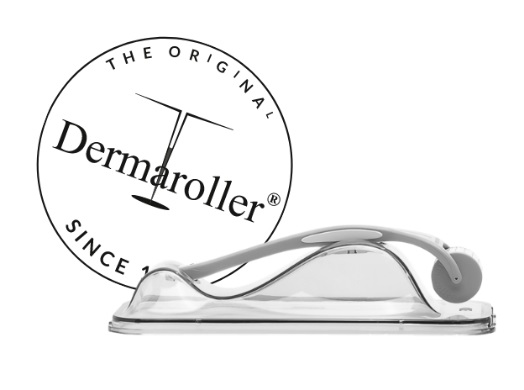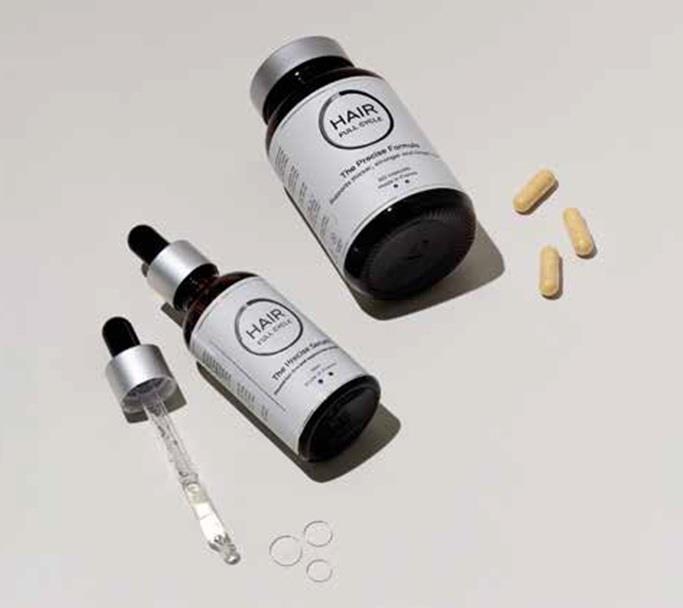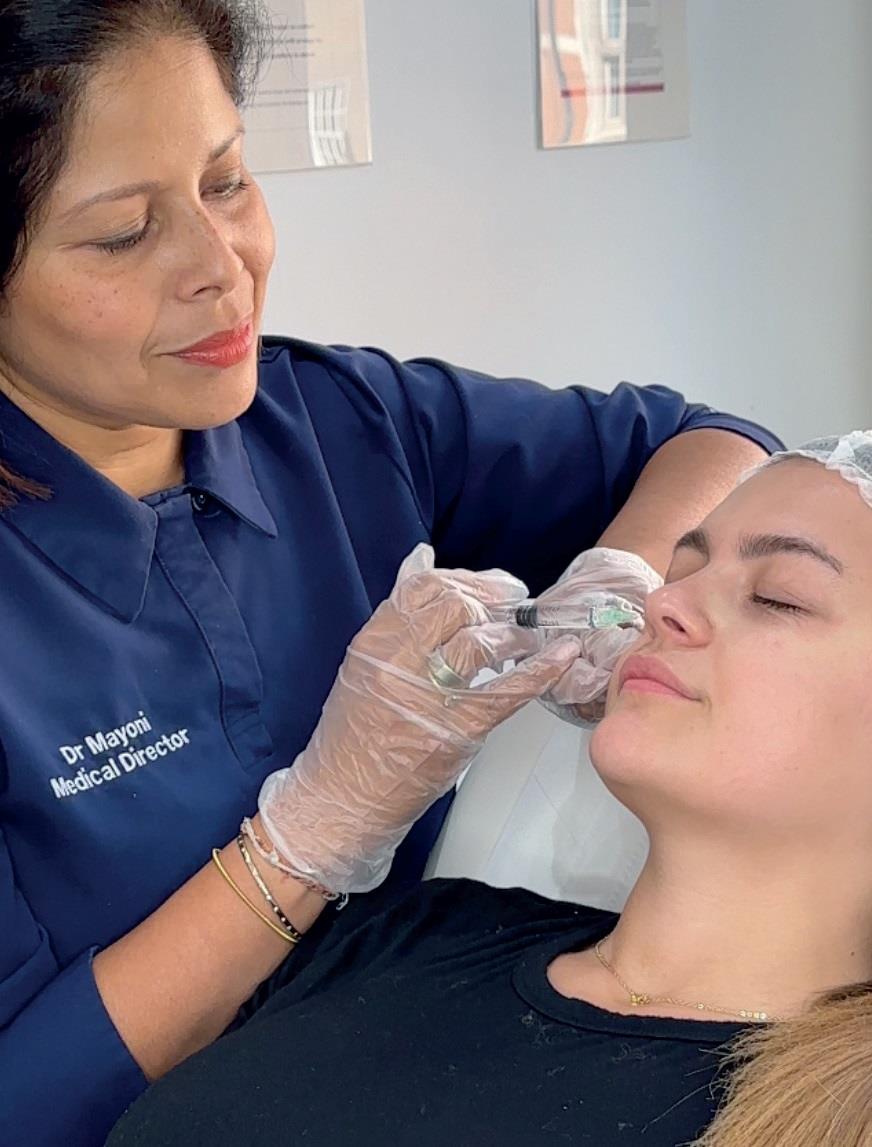
Last month we discussed the importance of blogging to build up your content marketing and your local or national ranking. As many sites use the same stock images and captions, by curating your own content for your social media, you will be one step ahead. So how do you decide what to write about?
Firstly, anything that can inform and educate your patients will be suitable for blogging. Try to think about the most frequently asked questions that you get in clinic—either from consultations, or via email/phone/social media—or think about what indications your customers are interested in having treated, particularly as visitors find what they are looking for via keyword research. Get this right and it is not just the treatment pages that will appear on the search ranking system—your blog pages will too!
A piece entitled, ‘Five reasons why a monthly treatment benefits your skin’ is better than ‘XXX treatment is the best ever.’ People love to learn, and they love it even more when it's broken down into bitesize pieces for them. For visitors who have identified their problem but perhaps do not know what treatments are available, a blog can help—‘Five treatments for acne scarring’ would be a great education piece. Set a schedule, do your research and google trends. For something new or controversial you could draft a trade and/or consumer press release or create images with key quotes for Instagram—five subheadings equals five posts.
Word count
Word count—to care or not? If you are answering a question write at least 500 words; if you want to talk further and deeper try 1500 words. Great posts deliver value—education, inspiration, how to save time, how to save money. Use headings, subheadings, imagery or infographics to break up the text because people tend to skim read. Remember to include a clear call to action, make it easy to read and use language that your reader will enjoy. Evaluate topics and mix shorter and longer blogs. Always check grammar and conciseness and be aware that plagiarism will affect your ranking. A good tool to use is Grammarly.
Frequency
How often should you post? One blog post a month or even one a week is a lot of content. A blog post is long-form content that can be repurposed into lots of micro-content for your social media platforms. You can also email it to patients in a monthly newsletter or use on Instagram Stories. Use your email database for blogs as leverage to get people to open your emails. Use an informative (not clickbait) headline and focus mostly on the blog post but also include other calls to action—sales piece, latest offers—encourage people to call or fill out a form—once you have given them the value ask for something in return.
Outsourcing
Outsourcing saves times but costs money, while writing saves money but takes time. If you do not have time to write, consider using an agency. If you do decide to delegate, Web Marketing Clinic can write and optimise your blog for you.
Blogging will give you richer website content. Always include internal linking to treatment pages so readers can link through, read the page and browse your website.

Alex Bugg is a Digital Marketing specialist at webmarketingclinic.com. Contact him at alex@webmarketingclinic.co.uk

 Added to basket
Added to basket

 Unapplied Changes
Unapplied Changes










































